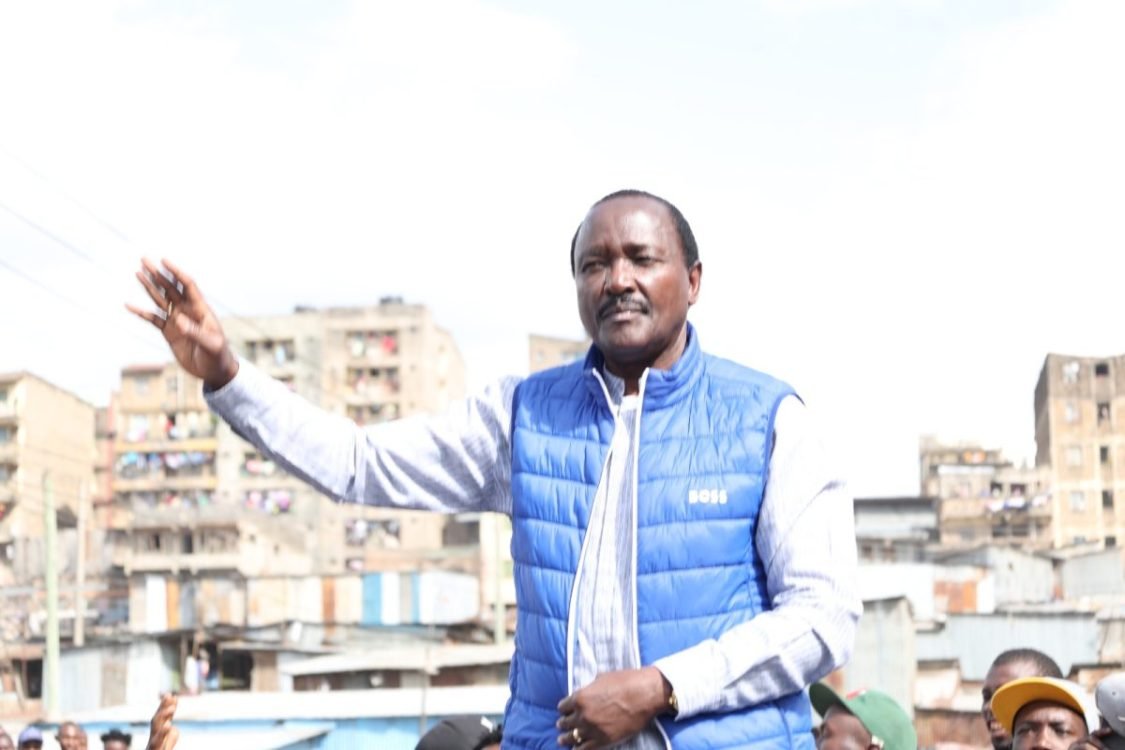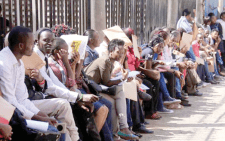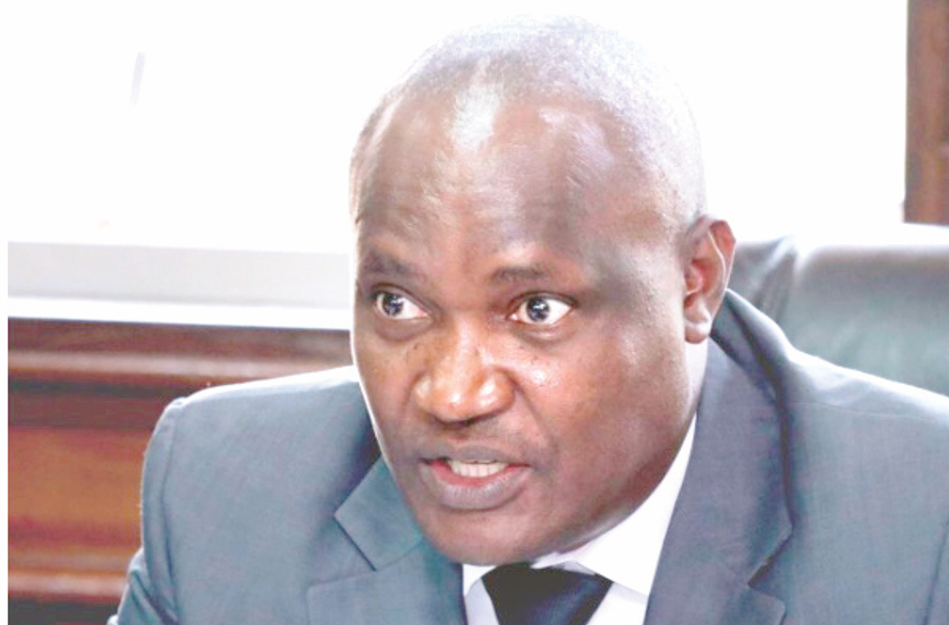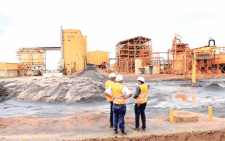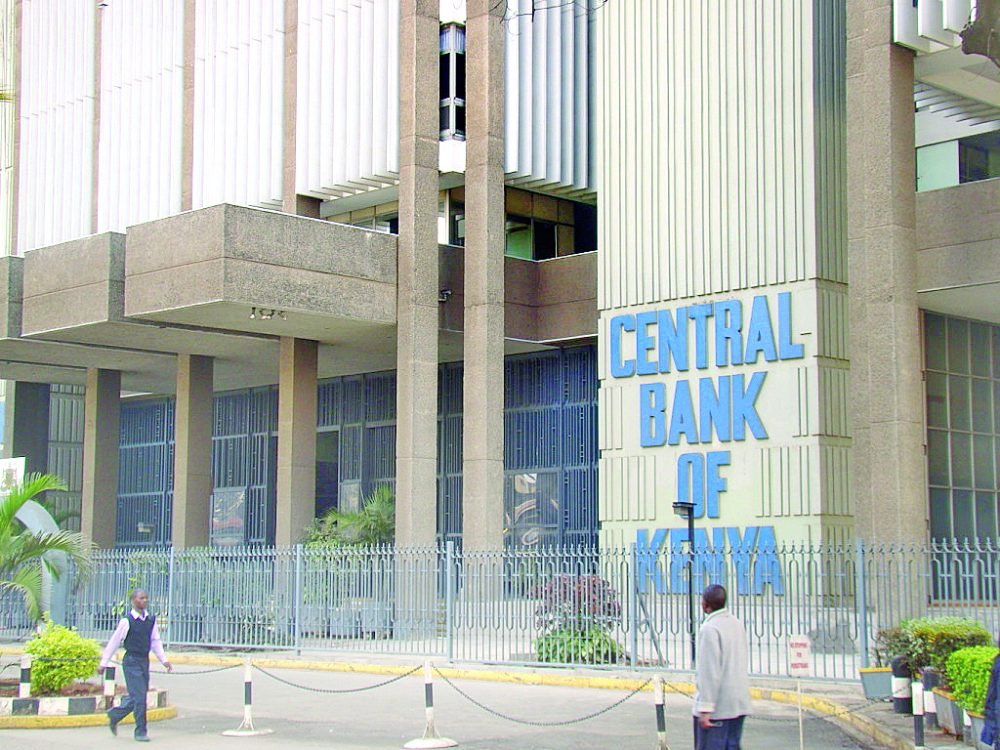Why Kenya should be scrambling to grow hemp
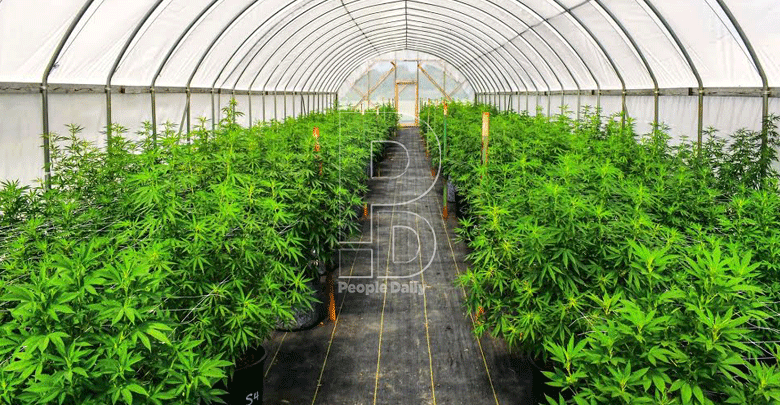
Harriet James @harriet86jim
Researchers and activists push for legalisation of growing of hemp plant by Kenyan farmers for medicinal and industrial use is gaining momentum.
This is as heated debate on whether or not countries should be flexible on their stand on the cultivation, possessing, distribution or even selling of plants in the cannabis sativa family, such as cannabis, hemp and marijuana rages on.
“There are a lot of efforts in the country being made to make hemp legal and accepted in the country,” Dr Allan Mugambi, a lecturer at Jomo Kenyatta University of Agriculture and Technology (JKUAT) and founding member of Entrepreneurship Society of Kenya said recently in a webinar organised by the University’s Directorate of Research and Innovation,.
The webinar, held under the theme Research, Entrepreneurial and Industrial Opportunities for Hemp, entailed presentations and discussions by researchers, entrepreneurs, and experts from the medical field on what a future with legalised framework for hemp use would look like in the country and region as a whole.
The most common in the Cannabaceae family is marijuana, which recently stirred great debate in the legal circles one week one week ago.
In February this year, Dagoretti South MP John Kiarie renewed calls for Parliament to craft a law legalising the industrial and medicinal use of marijuana under the Crops Bill, 2019.
“It is very crucial to make the distinction between hemp and marijuana. The two are not the same. Hemp looks similar, but it is not marijuana.
It is not psychoactive, and has less than 0.3 per cent THC (delta-9-tetrahydrocannabinol), which is the main psychoactive ingredient in marijuana, which causes users to feel high,” explained Alexis Hubbard, co-founder and the global marketing director of Savor the World and also founder and president The Hemp Creatives, USA during the online event.
They are both becoming a great industry by their own right, in terms of medicinal use as well in retail, food, beauty and supplement sales.
“However, discussions are still ongoing and institutions of higher learning, such as JKUAT are creating the platform to talk about it and also educate the public on how distinct it is from marijuana.
We are also conducting research and looking for statistics to back up the discussion,” he said.
Countries, such as Rwanda, Uganda and Tanzania have already officially set up a legal framework governing the production and industrial processing of hemp and hemp related products.
Alexis argued that industrial hemp will fast-track Kenya’s Agenda Four on the Big Four Agenda items.
“Legalisation of commercial use of hemp in Kenya would present a great opportunity for poverty reduction through creation of jobs, and production of food. Jobs generated from the hemp industry range from growers, harvesters, retailers, marketers.
In addition, the use of clean biofuel- hemp ethanol, will propel the manufacturing sector towards achieving affordable and clean energy,” she offered.
She said industrial hemp would contribute to sustainable affordable housing through the use of hemp construction materials, such as hempcrete.
Hempcrete is a strong, durable and fireproof building material used for structural construction, insulation and finishes.
Compared to concrete, hempcrete is considered lighter, an excellent insulator, highly mould resistant, non-toxic and good for the environment.
Ideal soils for hemp
One hectare of hemp can produce 1,135 litres of oil, 27,215 kilogrammes of fibre and 1,814 kilogrammes of protein in a single year, and the advantage is that it can be grown three times in a year.
“The good thing about Kenya is that one can grow it three times round the year, unlike in the the Unites States, in the state of Michigan, for example, where we only grow once, thanks to Kenya’s favourable soil and weather.
When it comes to the environment, hemp is also sustainable and beneficial since hemp cellulose can be extracted and used to make cellophane, rayon, celluloid and a range of related plastics,” she noted.
Hemp is also weed, pest, heat and mould resistant. It’s organic since it does not use pesticides, fungicides and herbicides and it takes carbon dioxide out of the air and into the soil.
It can be an excellent in crop rotation as it grows prolifically and gives much higher yield and return on harvest than other crops.
Three primary harvestable components of hemp, include fiber from the stalks, the hurd, which is the core inner woody material used for paper, pet product, bedding, and construction materials.
Economically viable plant
In the year 2018, the industrial hemp market was valued at $591 million (Sh63.9 billion) and research groups project that the market will hit $1.5 billion (Sh162.3 billion) by 2022.
Other experts foresee the industrial hemp market to hit $35.5 billion (Sh3.8 trillion) by 2026.
“One acre of hemp can generate Sh374,000 from fibre and Sh80.1 million from hemp oil.
Over 50,000 benefit of hemp making the economic market huge. There are less than a million acres of hemp growing worldwide and that is expected to rise exponentially in the next five to 20 years,” said Alexis.
“Medical research has proven that hemp products have shown promising effects in children with autism, in alleviating pain, stress, aids in stress, seizures, sleep disorders, cerebral palsy, and has shown promising effects in individuals with fibromyalgia,” said Dr Fabio Rodi CEO Icon Processors and a medical doctor and researcher based in the United States also at the event.
Alexis added that hemp, unlike marijuana is a viable crop that can produce and trade like cotton, soy and tobacco.
Amongst the three, hemp is the strongest and most durable of all nature textile fibres since products made from it will outlast their competition for many years.
Dr Kabare Karanja, a lecturer at the JKUAT School of Business, urged universities to take the lead and initiate further research into hemp and its exploitation, in order to help guide its legal framework and mainstreaming in the country.
“This is the moment to try the unbeaten paths. This is the moment to pick up the opportunities that hemp farming can provide not just to the country, but the East African region as a whole,” he said in conclusion.
